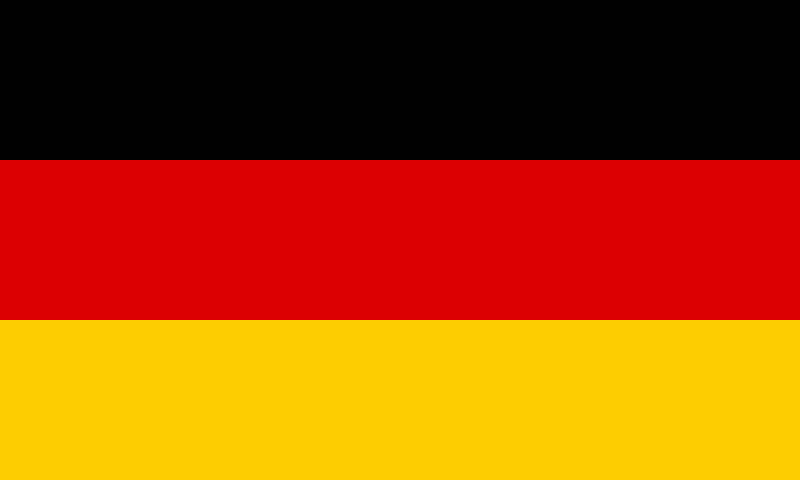A quick look at Germany
Germany sits right in the heart of Europe, surrounded by nine neighbors — France, Poland, Austria, and more. It’s a pretty big place too, covering over 357,000 square kilometers, with landscapes that range from flat northern plains to the snow-capped Alps down south.
With over 83 million people, it is the most populous country in the EU. Most folks live in cities — about three-quarters of the population, actually. Thanks to a strong economy and a solid standard of living, Germany is also a popular spot for newcomers looking to build a better life.
Germany: Where nature meets innovation
Germany is a country full of contrasts. Here, medieval castles are juxtaposed with modern buildings, and traditional villages are just a short drive from bustling cities. It is a country that values both its roots and its future, especially in areas such as science, technology and green energy.
Nature lovers will find much to enjoy here too. From the quiet paths of the Black Forest to the snowy slopes of the Alps, Germany's landscapes are designed for hiking, cycling, skiing and much more. And with its many national parks and nature reserves, there's plenty of opportunity to enjoy the great outdoors.
Germany is also a strong country when it comes to business and innovation. This country plays a key role in shaping the European economy thanks to big names in automotive, medicine and renewable energy - all of which are part of what creates a strong foundation for Germany's health statistics and public services.
Germany's Weather: The Four True Seasons
Germany has a temperate climate. This means that all four seasons will be in full bloom. Winters are cold but not extreme, summers are warm but rarely hot. The north of the country tends to be cooler and rainy, while the south gets more sun and warmth - especially near the mountains.
This mild climate is actually a plus in terms of public health. Moderate temperatures help reduce the health risks associated with extreme weather. Thanks to the variety of seasons, residents enjoy an active lifestyle all year round. Nevertheless, as elsewhere, changing weather conditions can affect the incidence of diseases in Germany. Residents of dirty cities are particularly at risk. They live in areas exposed to pollution, allergens or seasonal infections.
Languages spoken by people
German is the official language and the most widely spoken native language in Europe. But if you travel around the country, you'll hear many regional dialects - like Bavarian in the south or Lower German in the north.
Germany is also home to many immigrant communities. In some areas you can hear Turkish, Arabic, Russian and even obscure languages such as Sorbian or Frisian. This mix of languages reflects the diverse and evolving identity of Germany, a country that values both its traditions and its multicultural present.
Who lives in Germany and how this is changing
Germany’s population is getting older. People are living longer thanks to great healthcare — a big reason behind the high Germany life expectancy. At the same time, fewer children are being born, so the number of older people is increasing compared to younger people.
This shift entails some challenges. For example, mortality rates in Germany are now more influenced by chronic diseases and age-related health problems than infectious diseases. Therefore, prevention and affordable healthcare are more important than ever - especially given the changing needs of the population, as seen in Germany's health profile.
Germany’s also becoming more diverse. Immigration has played a huge role in shaping the modern population, with people coming from all over the world for work, education, or safety. That cultural blend is reflected in everything from food and music to language and family life.
Interesting facts about Germany
Germany hosts the Frankfurt Book Fair — the world's biggest book event. If you love books, this is where the entire publishing world gathers.
Have you ever heard of Karl Benz? Yes, he created the first real automobile. And the first computer? Also from Germany, thanks to Konrad Zuse.
Sausages? Sure. Castles? Absolutely. Precision engineering? Without a doubt. Germany is also a modern leader in renewable energy, science, and healthcare.
In short, Germany is a blend of tradition and innovation. Whether you love hiking in the Alps, exploring medieval towns, or diving into cutting-edge research, there’s something here for everyone.
